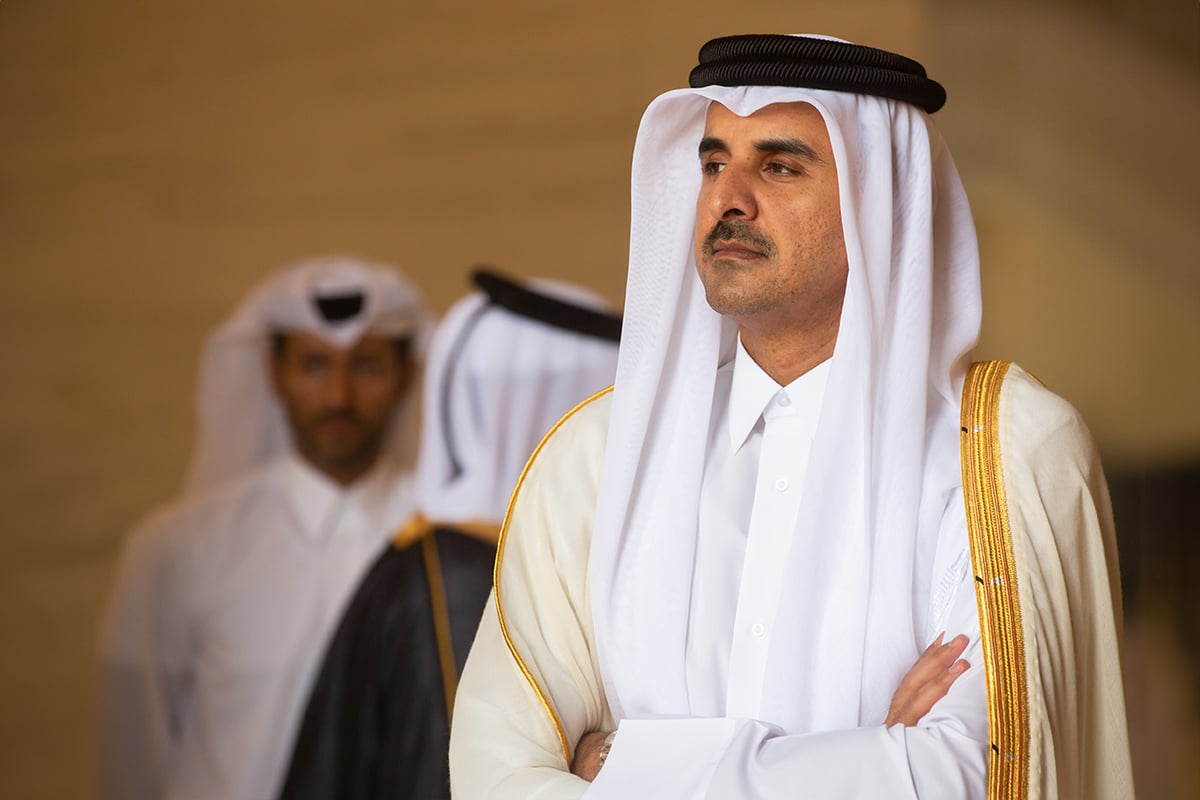The small Arab state of Qatar has positioned itself as an indispensable mediator in the ongoing conflict between Israel and Hamas, leveraging its unique relationship with both sides to facilitate important agreements and negotiations. In the wake of the October 7 attacks by Hamas in Israel, Qatar has brokered a deal to release foreign nationals and critically injured Palestinian civilians from Gaza to Egypt. This agreement, coordinated with Israel, Hamas, Egypt, and the United States, highlights Qatar’s delicate but influential diplomatic position in the region.
The gas-rich monarchy has maintained a relationship with Hamas while simultaneously being one of the United States’s closest allies in the Middle East. “It’s a place where Qatar has a monopoly over that relationship, has a monopoly over that conflict because it can speak to both sides in a way that no other player in the world can,” said Andreas Krieg, an associate professor at King’s College London. The relationship has been mutually beneficial, with Qatar helping to secure the release of hostages taken by Hamas and receiving acknowledgment and praise from Israel for its efforts.
However, there are concerns that Qatar’s relationship with Hamas could become a liability. The Washington Post reported that the US and Qatar have “agreed to revisit” their association with Hamas following the resolution of the hostage crisis. The outcome of this reevaluation remains to be seen. Still, Qatar’s role as a mediator is crucial in facilitating communication and agreements between conflicting parties in the Middle East.
Qatar’s unique diplomatic position has allowed it to play a pivotal role in mediating between Hamas and the rest of the world. Its relationship with Hamas, while potentially contentious, has been instrumental in securing essential agreements and the release of hostages. As the situation in the Middle East continues to evolve, Qatar’s influence and role as a mediator will be critical in navigating the complexities of regional politics and conflicts.







